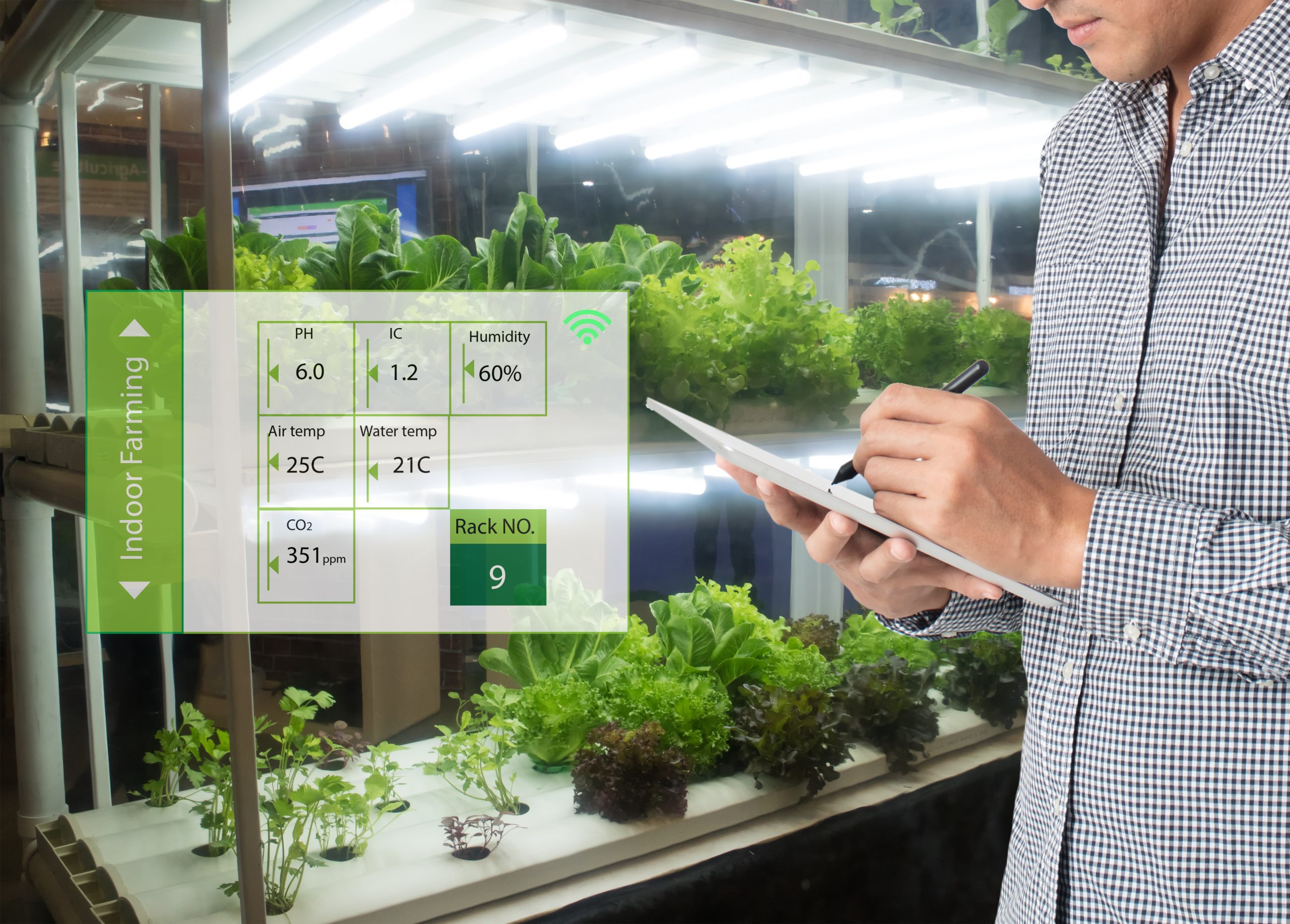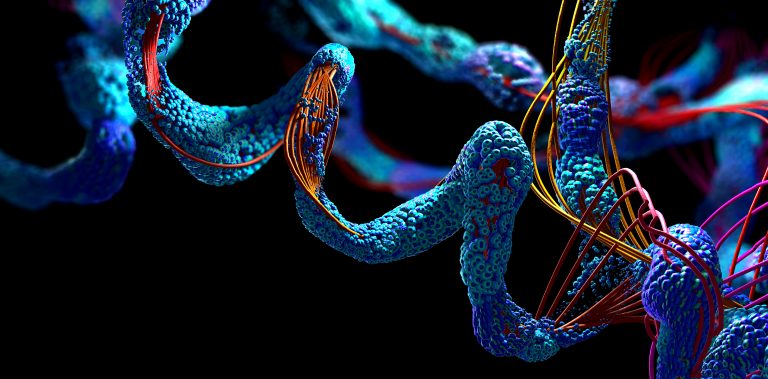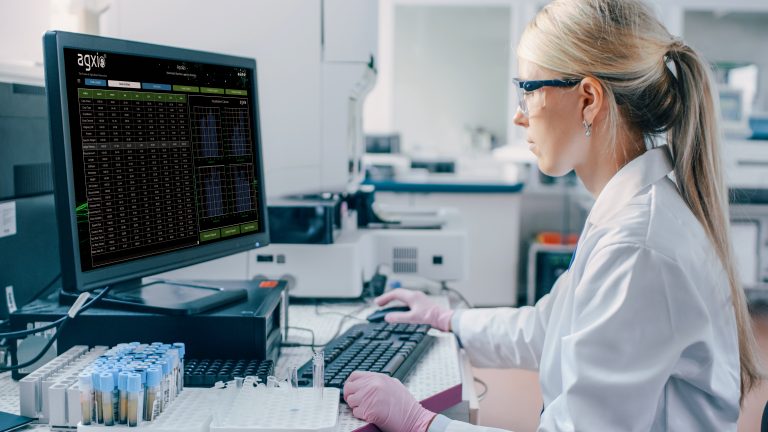Overview
Modern agriculture is shifting from a focus on intensive production to a balance between a sustainable, thriving environment and maintaining the future of farm businesses. Recent shifts in policy and regulation have presented new challenges and farmers are facing increasing calls to enhance the ecological quality of farmland and reduce agricultural pollution in watercourses. This change must be combined with maintaining or even increasing production to feed an increasing global population. Therefore, solutions must be devised to allow the future of agriculture to encompass and promote good water quality, while providing commensurate food production and profitable, viable farm businesses.
The Issue
Agriculture is one of the main sources of diffuse water pollution, with some areas of land more prone to rainwater run-off due to topography and soil type. Run-off from agricultural land can cause increased levels of nitrates, phosphates, organic matter and sediments in watercourses such as ditches, streams, rivers and lakes. This pollution can cause eutrophication and lead to the reduced ecological status of water bodies, ultimately damaging biodiversity and freshwater wildlife. The quality of drinking water is negatively affected, leading to increased processing to remove pollution and colour contaminants from sediment. Therefore, preventing agricultural pollution through monitoring and revised management is vital in resolving these issues.

Our Solution
A technology approach enables farmers to easily manage land in a productive, environmentally friendly way to reduce water pollution and simultaneously, save costs through limited artificial fertiliser use and application:
- IoT Sensors placed directly in fields can monitor soil moisture and temperature, indicating the best times and conditions to spread fertiliser, while soil nutrient sensors allow tailored fertiliser applications.
- Water contaminants such as nitrates, phosphates, organic matter and sediment can be monitored in real-time using sensors placed directly in watercourses on agricultural land.
- Machine learning can ingest and intelligently interpret sensor data to allow landowners to monitor and effectively manage land and reduce run-off.
Based on cutting edge Sensor Network Analytics, Agxio’s Mercury platform encompasses the scope of this project, with infinite potential for expansion. It can activate real-time alerts if levels of pollutants become too high in watercourses, enabling the farmer to efficiently mitigate the cause. Nutrient applications can be accurately tailored to the crop and available nutrients in the soil, ensuring that yields remain high while costs are saved with reduced artificial fertiliser use.







